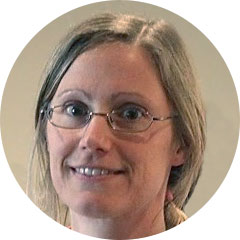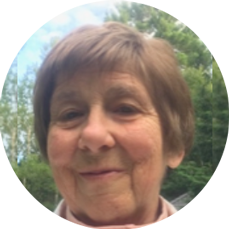180 Institute is a catalyst
for social innovation.
We strive to help people find fundamentally different ways of seeing and approaching their work. 180 Institute is where thinking can be transformed by bringing the lens of complexity science to community and organizational life.
Vision
We envision human service organizations working in community transforming to a complexity science approach to addressing human needs.
Mission
To support human service professionals through custom-designed workshops and research to build resilient psycho-socio-ecological approaches to human need.
Who We Are
Dr. Mirella Stroink and Dr. Connie H. Nelson have been sharing a journey through complexity science since 2010, when a conversation about teaching, learning and community resilience culminated in a joint presentation at the Resilience 2011 conference, an international gathering of scholars in complexity. Since then, both have brought the framework of complexity science and innovation to their research, teaching, community and organizational development work. They have authored 11papers applying a complexity science perspective that brings key principles of adaptation, non-linearity, self-organization and resilience to community issues; and have presented the ideas at several conferences.
Through the 180 Institute they have co-facilitated an interdisciplinary university-based seminar on complexity science and its applications; and delivered workshops to bring social innovation through a complexity lens to human services.

Mirella Stroink (mstroink@lakeheadu.ca) is a professor of psychology at Lakehead University. Strengths that she brings include an in-depth understanding of social cognition, psychological resilience, and community psychology, linked together through complexity.

Connie Nelson (cnelson@lakeheadu.ca) is a professor emeritus from Lakehead University. Connie is a specialist in community capacity building, regional food system development and organizational development. She contributes a strong and long-standing network of relationships with northern communities in areas of social capital, food security and community well-being. Connie has developed a complexity-based helping process called contextual fluidity that is reflected in some of the pveer-reviewed papers.